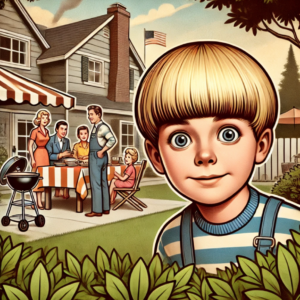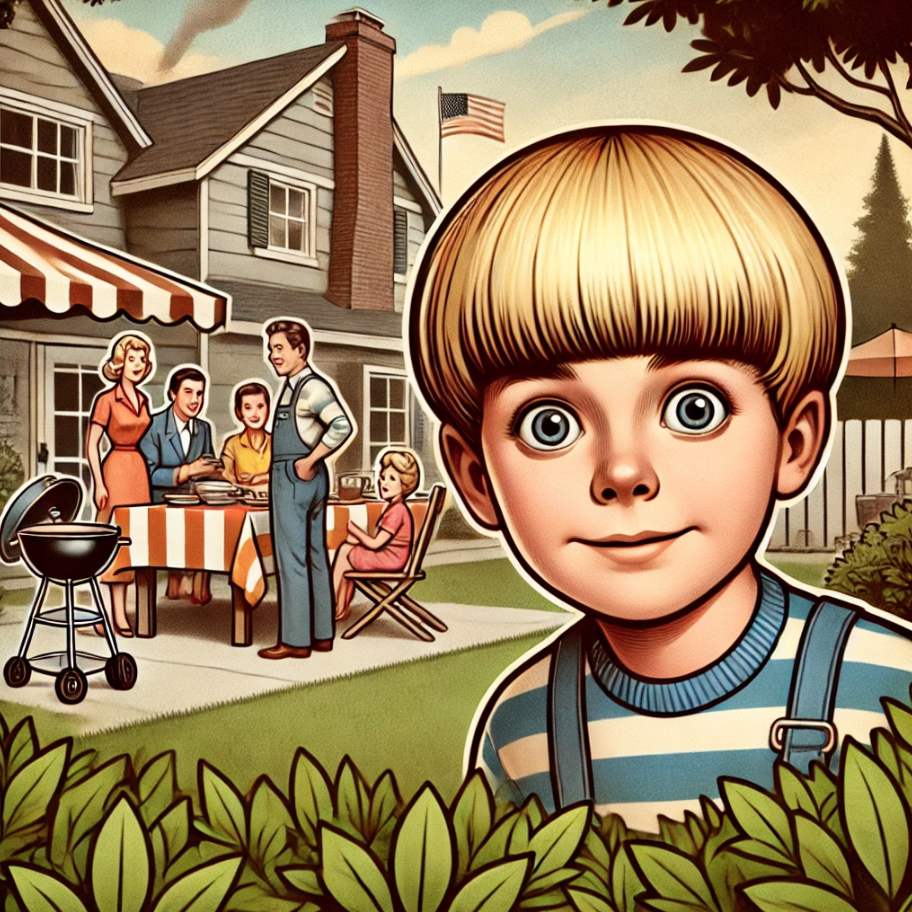[et_pb_section fb_built=”1″ _builder_version=”4.16″ custom_padding=”0px|||||” global_colors_info=”{}”][et_pb_row _builder_version=”4.16″ background_size=”initial” background_position=”top_left” background_repeat=”repeat” custom_padding=”3px|||||” global_colors_info=”{}”][et_pb_column type=”4_4″ _builder_version=”4.16″ custom_padding=”|||” global_colors_info=”{}” custom_padding__hover=”|||”][et_pb_text _builder_version=”4.27.2″ background_size=”initial” background_position=”top_left” background_repeat=”repeat” global_colors_info=”{}”]
by Edmund J. Janas, II
 Let me be clear: I have nothing against rich people. At least, that’s what I told my therapist while trying to determine if I was born a tiny anarchist or a bad seed. You see, I’ve had a mischievous streak since back when I was a child. More in the “eat the rich” sense, though I didn’t have the vocabulary for that in 1976.
Let me be clear: I have nothing against rich people. At least, that’s what I told my therapist while trying to determine if I was born a tiny anarchist or a bad seed. You see, I’ve had a mischievous streak since back when I was a child. More in the “eat the rich” sense, though I didn’t have the vocabulary for that in 1976.
It was just after the Bicentennial of 1974, so I was quite young. Somewhere about five years old—an important detail, because this story only maintains its dark charm due to my tender age. Any older, and I’d be writing this from a juvenile detention center’s alumni newsletter.
The setting: Rome, NY, a town that achieved what seemed like racial harmony, at least through my rose-tinted memories. My mother would send me to spend summers with my half-brothers at Grandma Brown’s house—the sweetest grandmother anyone could ask for, who happened to be Black in a sea of white affluence. Her modest home sat near the center of town, surrounded by the kind of houses that had manicured lawns and refrigerators big enough to park a Volkswagen in.
My brothers and I had this white friend who always smelled like baby powder—a detail that struck me as absurdly bourgeois even then. One visit to his house revealed a kitchen that could have hosted a small country’s state dinner, complete with a refrigerator that opened like the gates of heaven. But that’s not where our story takes its criminal turn.
Here’s my confession, the one that still has my therapist earning her hourly rate: One sunny day, while circumnavigating the block (as one does when plotting childhood crimes), I came across a mansion ringed by six-foot shrubs. Behind this green fortress, a family straight out of a Norman Rockwell painting was having what appeared to be a seventeen-course cookout. Then, like some twisted piece of performance art about class inequality, their young son—my age, with that quintessential 70’s bowl haircut—approached the shrubs and began to relieve himself. Right there. In front of me. Without a thought, driven by some primitive impulse that Carl Jung himself might have needed three sessions to unpack, I reached through the shrubs and gave him a gentle push. Okay, maybe not so gentle.
What followed was a fountain display worthy of Versailles, accompanied by a symphony of screams. I fled the scene, returning home to enjoy a working-class lemonade with what I now recognize as the cool detachment of a tiny sociopath.
Speaking of sociopathic tendencies, there was this other incident at Grandma Brown’s that perhaps my therapist should know about. A white repairman had come to fix something—I don’t remember what, but I do remember the rubber plastic hand my brother had, the one with the bone protruding grotesquely from the wrist. As the repairman was finishing up, I snuck the hand onto the door handle. When he reached for it on his way out, he let loose a “Woooo-oooh-wweee yaaahhrrr!” that probably echoed clear across town. I burst into hysterics, and after a moment of shock, he joined in, his laughter mixing with mine in what might have been the most honest moment of racial harmony I witnessed that summer. Even as a child, I knew he had anxiety about visiting black households, that’s what made the prank so damn funny.
Were my childhood self-amusements wrong? Absolutely. Was it funny? I’m still paying my therapist to help me feel bad about thinking so. But it raises interesting questions about the nature of childhood impulses and class consciousness. Did I harbor some innate sense of economic justice? Did this kid fuck around with me in a past life and find out in this one? Or was I just a weird kid who sometimes did inexplicable things?
I’ve done my share of wrong—pushed some kids who didn’t deserve it, disrespected girls who deserved better—and yes, it haunts me, as it should. But there’s something fascinating about these primitive impulses that bubble up from our deepest selves, these moments of temporary insanity that we carry with us for decades. Was I a bad seed? The only consolation I have is knowing that somewhere out there, a middle-aged man with a perfect bowl cut occasionally thinks back to the day a mysterious hand emerged from his parents’ shrubbery and created what was likely his first experience with proletariat uprising. And maybe, just maybe, he’s telling this story to his therapist too.
[/et_pb_text][/et_pb_column][/et_pb_row][et_pb_row _builder_version=”4.27.2″ _module_preset=”default” global_colors_info=”{}”][et_pb_column type=”4_4″ _builder_version=”4.27.2″ _module_preset=”default” global_colors_info=”{}”][et_pb_text _builder_version=”4.27.2″ _module_preset=”default” global_colors_info=”{}”]
Note: While no children were permanently harmed in the making of these childhood memories, my bank account suffered severe trauma at RISD and the Art Institute – only to result in this masterwork of stick figure art, as AI apparently draws the line at rendering historically accurate fountain displays from 1976.

[/et_pb_text][/et_pb_column][/et_pb_row][/et_pb_section]
